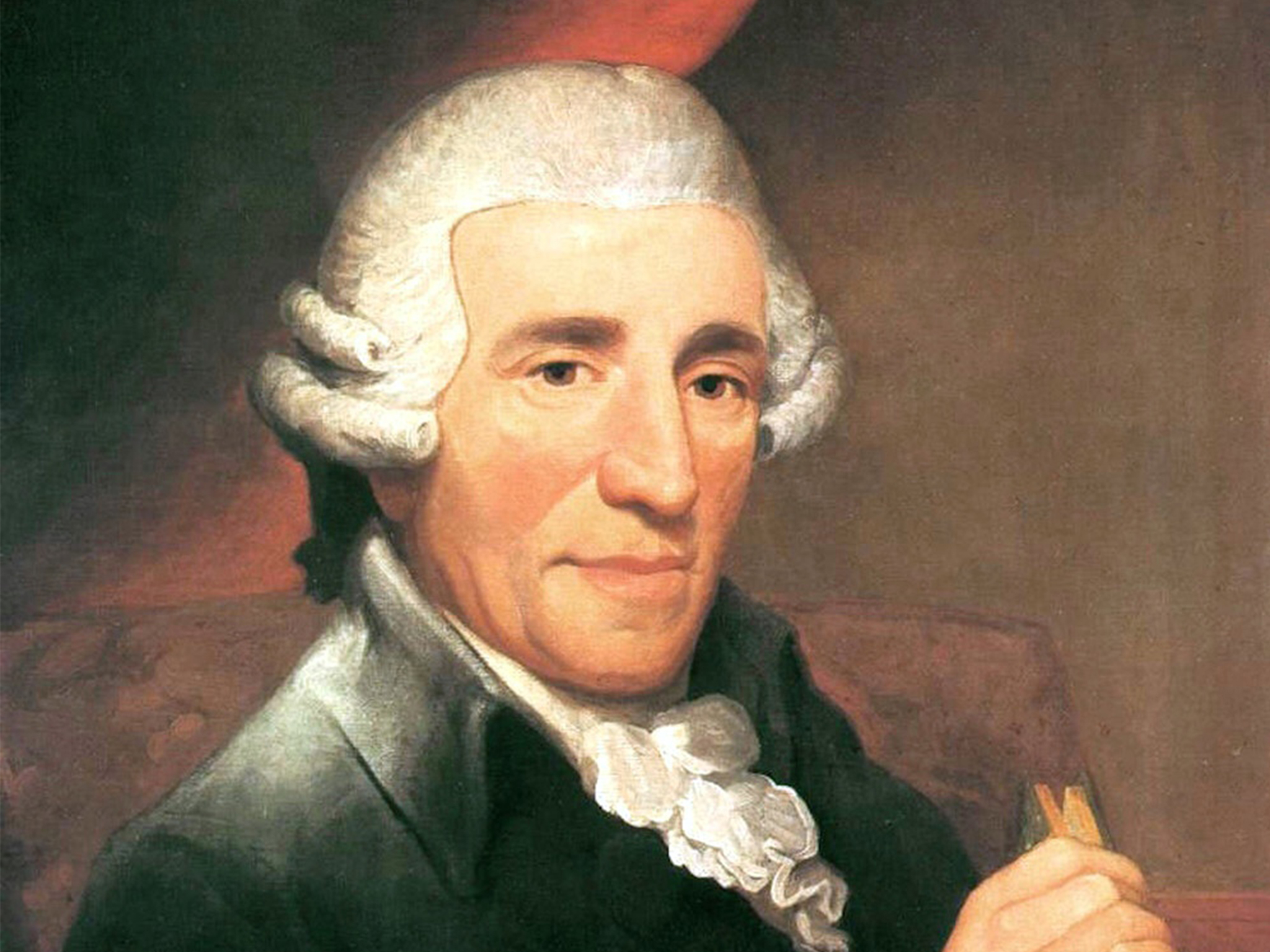
The Story Behind Haydn’s Symphony No. 88
Joseph Haydn, one of the most influential composers of the Classical period, composed Symphony No. 88 in G major in 1787. This work, known for[…]

Joseph Haydn: The Father of the Symphony
Joseph Haydn, often referred to as the “Father of the Symphony” and the “Father of the String Quartet,” was one of the most influential and[…]

The Story Behind Haydn’s Symphony No. 86
Joseph Haydn, often referred to as the “Father of the Symphony,” is celebrated for his extraordinary contributions to the classical music canon. Among his many[…]

The Story Behind Haydn’s Symphony No. 103
Joseph Haydn’s Symphony No. 103 in E-flat major, famously known as the “Drumroll Symphony”, is a masterpiece of the Classical period and one of the[…]

The Story Behind Haydn’s Symphony No. 95
Joseph Haydn, often referred to as the “Father of the Symphony,” composed Symphony No. 95 in C minor in 1791. This remarkable work is part[…]

Top 10 Haydn Songs
Joseph Haydn, often hailed as the “Father of the Symphony” and “Father of the String Quartet,” made a profound impact on the Classical era. His[…]

10 Fascinating Facts about Joseph Haydn
Joseph Haydn, often called the “Father of the Symphony” and the “Father of the String Quartet,” was a pivotal figure in the development of classical[…]

Joseph Haydn – Biography and History
Joseph Haydn, often referred to as the “Father of the Symphony” and the “Father of the String Quartet,” stands as one of the most influential[…]

Fascinating facts about Haydn
Franz Joseph Haydn, often referred to as the “Father of the Symphony” and the “Father of the String Quartet,” was a prolific and influential Austrian[…]

Masterpieces of Musical Brilliance: The 7 Best Songs by Joseph Haydn
Joseph Haydn, the celebrated composer of the Classical era, has left an indelible mark on the world of music. Known as the “Father of the[…]